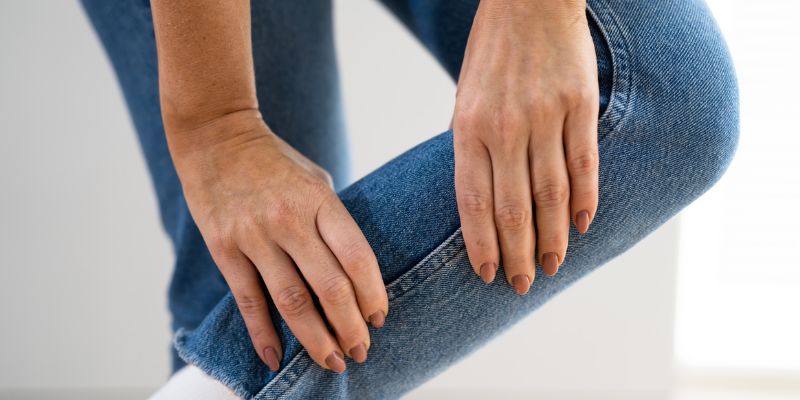Short sleep has been linked to a much greater risk of an artery disease which increases the chance of stroke and heart attack, new research has indicated.
The large-scale study found that sleeping less than five hours a night is linked to a 74% increased risk of peripheral artery disease (PAD), a condition which restricts the blood flow of the vessels that carry blood from the heart to the legs.
It is primarily caused by the buildup of fatty plaque in the arteries, which is called atherosclerosis
- Heart attack risk factors reduced by new cholesterol lowering drug
- Scientists show activity trackers can impair heart devices
While the link between less sleep and greater risk of coronary artery disease is already recognised, less is known about the association with PAD.
Study author Dr Shuai Yuan, from the Karolinska Institute in Sweden, said: “Our study suggests that sleeping for seven to eight hours a night is a good habit for lowering the risk of PAD.
“The results indicate that brief night-time sleep can raise the chance of developing PAD, and that having PAD increases the risk of getting insufficient sleep.”
Globally, more than 200 million people suffer from PAD, with Dr Yuan saying: “Sleeping problems are among the top ranked complaints in PAD patients. There are limited data on the impact of sleep habits on PAD and vice versa, and our study aimed to fill that gap.”
The study involved more than 650,000 people and was made up of two parts. For the first part, the team of researchers looked at the links between daytime naps and length of sleep at night, and the risk of PAD.
Secondly, they explored causality of these links by using genetic data to carry out randomised controlled trials, called Mendelian randomisation.
Dr Yuan said: “Observational analyses are limited by reverse causality – meaning that if an association between sleep habits and PAD is found, we cannot be certain if sleep habits caused PAD or having PAD caused the sleep habits. Mendelian randomisation is a robust method for evaluating causality and provides more certainty about the results.”
- Broken sleep associated with heart health
- Heart health and cholesterol diets rated top in American ranking report
Across the results, the strongest evidence was seen with short sleep, which was linked to a greater risk of PAD while also being associated with having PAD.
Dr Yuan said: “The results indicate that brief night-time sleep can raise the chance of developing PAD, and that having PAD increases the risk of getting insufficient sleep.
“More studies are needed on the relationships between lengthy night-time sleep, daytime napping and PAD. Although we found associations in the observational studies, we could not confirm causality.”
He added: “More research is needed on how to interrupt the bidirectional link between short sleep and PAD. Lifestyle changes that help people get more sleep, such as being physically active, may lower the risk of developing PAD. For patients with PAD, optimising pain management could enable them to have a good night’s sleep.”
Read the full study in European Heart Journal Open.









